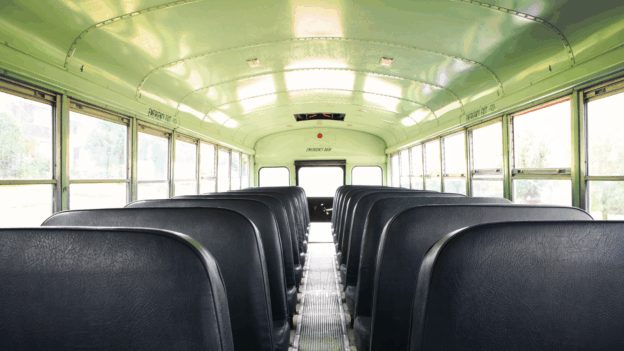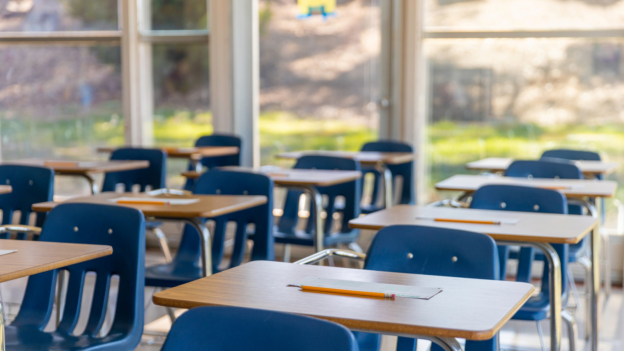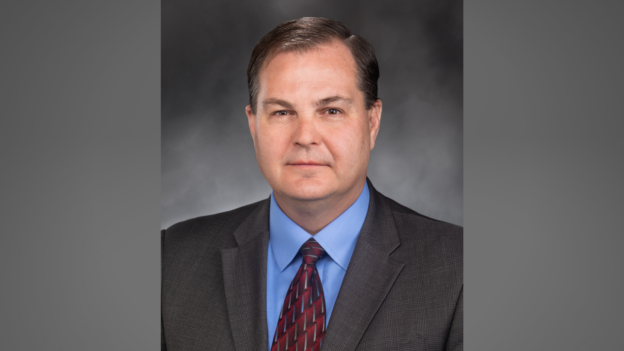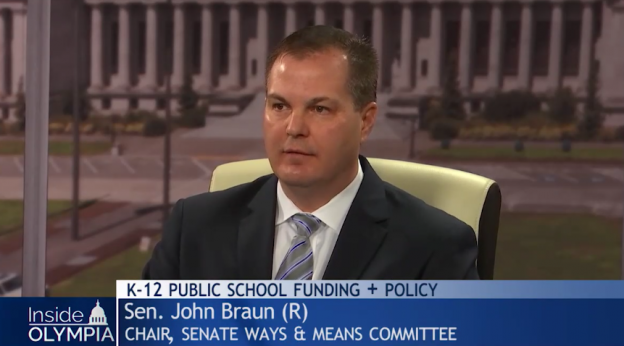Areas outside Seattle will see an increase of nearly 20% next year and 55% over the next six years.
Dear Friends and Neighbors,
At the beginning of the week, the news media reported legislative Democrats had again decided to abandon their efforts to increase your property taxes. This was the third consecutive year in which they had proposed to increase the annual rate by which state and local government can increase your property taxes without a vote of the people – which has been capped at 1% since Initiative 747 passed in 2001.
This is a tremendous win for
everyone across our state.
Thank you to those who spoke out against making housing more expensive. Your efforts made a big difference.
What was not immediately reported, however, is that Democrats are still pushing to allow significant increases in the school-levy cap, and that levy dollars are collected through property taxes.
This policy opens the door to the same reliance on local-levy funding that led to the Supreme Court ruling in the K-12 funding case McCleary v. State of Washington in 2012.
If it becomes law, this also will be a huge step backward because it creates inequitable funding among school districts. Our state constitution requires the state to provide for the education of all children within its borders; “all” does not mean a child’s educational opportunities should be influenced by his or her ZIP code.
This policy will benefit the wealthier areas of our state but will only deepen the education-funding inequities across Washington — particularly in rural areas with larger Latino populations.
When discriminatory policies like this move forward, it’s hard to take Democrats seriously when they claim to be prioritizing equity or considering the real impact of their legislation on low-income communities or people of color.
It’s very likely that if this policy passes, the state will end up back in court because the resulting reliance on local levies will be just as unconstitutional today as it was before.
Sincerely,
John Braun
An assault on women: Cutting postpartum maternity care in half

One of the truly incomprehensible measures being advanced by Democrats (House Bill 2041) would cut in half the length of time that the state will pay for postpartum care for Medicaid patients who have delivered a baby.
In 2021, through the bipartisan Senate Bill 5068, the Legislature extended that time from six months to a year based on the following statistics quoted in that bill, which was sponsored by a Democrat.
- 80% of pregnancy-related deaths are preventable, primarily through postpartum follow-up care for women’s health and behavioral-health.
- More than 50% of pregnancy-related deaths in Washington state are women enrolled in Medicaid.
- The Center for Disease Control found that pregnancy-related deaths occur up to one year postpartum, and data shows that critical health needs continue through that year.
- Gaps in postpartum maternity care have been found to contribute to preventable pregnancy-related deaths.
It turns out that 58% of maternal deaths by suicide and 65% of maternal deaths by overdose occur between 43 days and one year postpartum.
Providing 12 months of postpartum
maternity care saves lives.
Reducing this coverage would put more women, and their babies, at risk, and it will make Washington one of only two states in the country not to provide 12 months of post-partum maternity care.
This is a step backward.
And for what?
Democrats claim the bill will save the state $11 million over four years, but while they are cutting post-partum care, they have another bill, House Bill 1043, that proposes spending $11 million by continuing a “Commute Trip Reduction Credit” which provides state payments to employers who give their employees financial incentives to use alternatives to cars in their commute.
What are their priorities?
The Senate Republican “$ave Washington” budget written by Sen. Chris Gildon, R-Puyallup, and Sen. Nikki Torres, R-Pasco, would not cut postpartum maternity care. In fact, it would not cut ANY services at all. It would protect the most vulnerable in our state while still not raising taxes.
That’s not just rhetoric. That’s fact.
As for the Democrats who support this bill, they can’t claim they “put people first” when they put low-income mothers and their babies LAST.
CTE will be extended to 6th graders

Currently, 7th- and 8th- graders in middle school get to participate in career technical education (CTE) courses that allow them to explore the different options they have for their future. However, middle schools also include 6th-grade students who, up until now, haven’t been given the opportunity.
This week, my bill to extend CTE to 6th-graders in middle school was signed by the governor and will become law 90 days after this legislative session ends Sunday. It will be in effect for the 2026-27 school year.
I’m very pleased that Senate Bill 5382 will become law, and I’ve heard from many constituents who feel the same.
Read my full news release about the bill.
Majority blocks effort to honor girls’ sports

A very controversial topic lately is whether biological men should be allowed to compete in women’s sports.
Although everyone should be treated with respect and dignity, women fought too hard for Title IX and for the recognition that women’s sports deserve – they should not be forced now to accept biological men into their arena.
My colleague, Sen. Judy Warnick, R-Moses Lake, recently sponsored Senate Resolution 8647 to honor women in sports. Like me, she has daughters who were athletes and simply wanted to recognize the commitment of young women like them.
The Democrat majority refused to let the Senate adopt this resolution during our “floor action,” in the Senate chamber, despite having allowed other somewhat controversial resolutions to come before us this year. While that is their privilege as the majority, it is not equitable, tolerant or fair.
In a recent statement, Senator Warnick said, “This is not a fringe issue, it is a mainstream concern shared by athletes, coaches and families across Washington and the country. Washington should be leading the way in supporting women’s sports, not silencing efforts to recognize and protect them.”
Listen to Sen. Warnick speak out about this issue during our latest media availability.





















